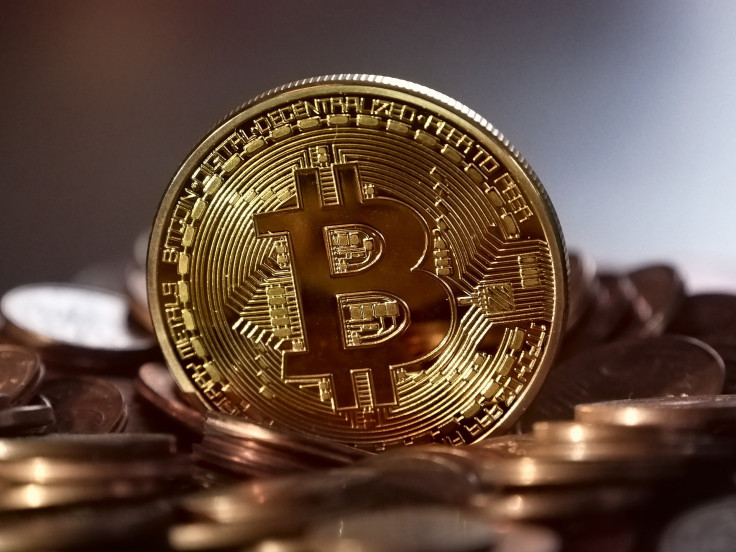Crypto And Metaverse: The Tight-Knit Relationship EXPLAINED!
The crypto and metaverse both are ideas about virtual worlds where you can spend virtual money.
Both are important parts of "web3," which is the new wave of the internet. The first two generations were the world wide web and social media.

The notion is that this variant of the web will be more interesting and fun to use because it will use virtual as well as augmented reality (VR/AR) to make 3d environments that are more immersive and interactive.
There is no doubt that the two ideas could work well together. People like to spend money, and shopping quickly became an important part of both web1 as well as web2, so there's no reason to think it won't be the same on web3.
It's also becoming clearer that no one knows exactly what the metaverse will look like in the end, but it could have a big effect on how cryptocurrency develops and what effect it will have on society in the long run.
The Reality Of The Virtual World Through The Metaverse's Lens
As the metaverse becomes more popular and more of our lives are spent online (working in virtual offices, trying to play games with friends, or perhaps even taking metaverse vacations), we will need easy ways to pay for virtual services and products.
We might want to splurge it on simulated real estate if we want our own piece of digital land where we can host parties or start a business.
In a real sense, the metaverse may add $1.5 trillion to the value of the global economy by 2030. And a lot of that worth could be turned into cryptocurrency. As a growing number of people get used to using cryptocurrencies as a way to pay for things, this could mean that they really become a big deal.
If this happens, governments and lawmakers will definitely feel the need to do more to monitor and control and, to some large extent, control cryptocurrencies.
Even though situations have become more organized over the past few years and more and more countries are putting in place rules for digital currency, it's still a bit like the "wild west."
How Crypto And Metaverse Are Joined At The Hip?
The practice of making payments online is well-established, both online and offline. Based on this innovation, cryptocurrency works, and NFTs represents the next step in each of these orientations.
Cryptocurrency is a natural fit for the virtual economy since it facilitates instant, decentralized, and transparent value transfers between users, especially if traded through trade assistance bots like crypto boom.
Cryptocurrency platforms are developing technology with enormous scalability potential. This expansion is being driven in large part by cryptocurrency and NFTs, which will be crucial in allowing the technology to realize its full potential. Cryptocurrency is your passport to prosperity in the physical and virtual worlds, whether your goal is complete participation in the halo universe or simple financial gain.
It's possible that if the fusion of crypto and metaverse gains popularity, governments will start to regulate it based on factors like how much energy it uses or how much pollution it causes.
Networks that utilize inefficient proof-of-work algorithms might be subject to higher transaction taxes, while those that employ more effective proof-of-stake algorithms might be subject to lower taxes.
How Will The Road To Adoption Take Place?
Users will become accustomed to the many different ways to acquire, handle, and store cryptocurrency as it rises to prominence as the primary means of exchange for metaverse merchants. This means it will be used more regularly for sending money to people outside of the metaverse.
As a result, traditional financial institutions like banks are going to make more of an effort to accommodate cryptocurrencies and other blockchain-derived financial models. The necessity to optimize their own infrastructure is especially pressing in this era of borderless, intermediary financial systems.
But it appears likely that those that are adaptable and futuristic in their own policies towards cryptocurrency adoption will succeed in this new place of cryptocurrencies and peer-to-peer banking.
Foreseeing Bitcoin's central position in the financial system's future, established payment processors like PayPal as well as Mastercard are now actively integrating cryptocurrency and metaverse traces into their operations.
The Silver Lining
It's true that nobody, not even Mark Zuckerberg, can predict how the metaverse will change our lives once it becomes commonplace.
One thing, however, can be predicted with absolute certainty based on historical precedent: corporations will use it to generate profits, and consumers will employ it to spend money.
Cryptocurrencies seem like a no-brainer when it comes to setting up shop as the virtual world's currency, and since this revolutionary technology is still in its early stages, it stands to reason that it will be shaped by the way we choose to live in the future.
There is no denying that a growing number of people are opting to spend more time online, and this trend is only expected to grow as the digital world gets more immersive, amusing, and engaging.
Because of this, the importance that cryptocurrency plays in our daily lives will grow. Therefore, we can anticipate stricter controls, improved sustainability, and expanded utility.
© Copyright IBTimes 2025. All rights reserved.





















